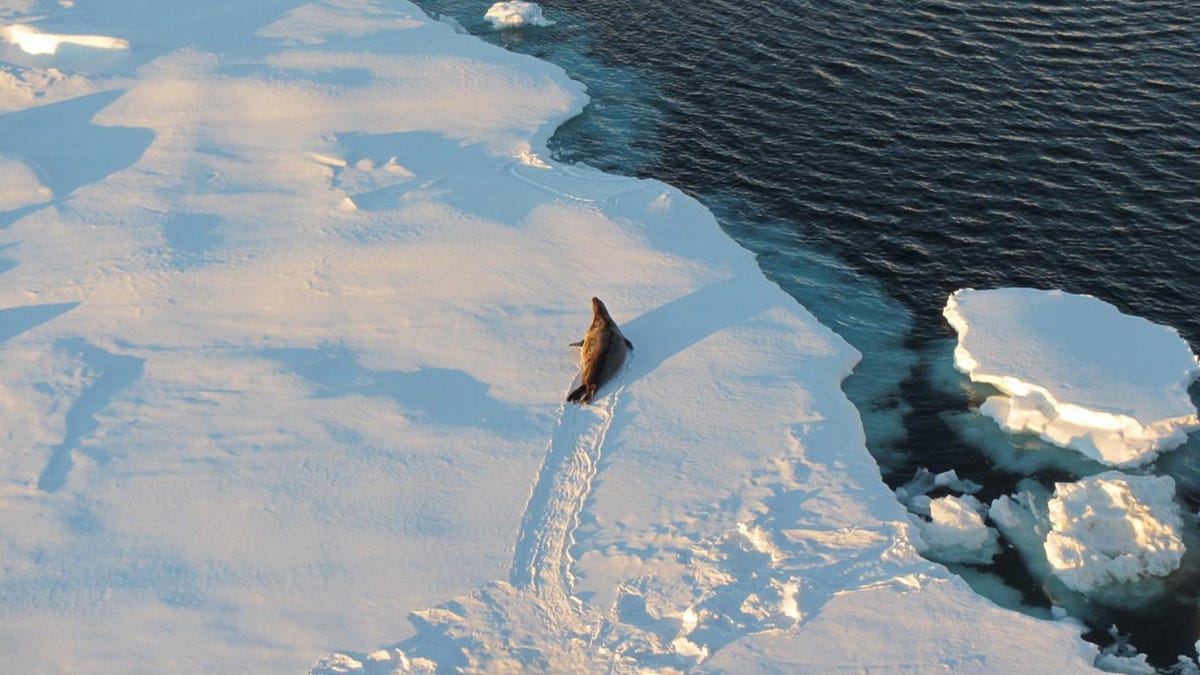Increase in Antarctic sea ice could have triggered an ice age, study finds
Studying the ocean's role could help scientists understand how climate works over long time periods.

A new study shows how an increase in Antarctic sea ice could have triggered a chain of events leading to an ice age.
Researchers from the University of Chicago have simulated a climate change chain reaction that started with an increase in Antarctic sea ice and ended with an ice age. In a study this month, researchers presented a new model detailing how increased sea ice could have changed the ocean's circulation, and blocked the ocean from exchanging carbon dioxide with the atmosphere. More carbon dioxide in the ocean and less in the air would have led to a reverse greenhouse effect.
"One key question in the field is still what caused the Earth to periodically cycle in and out of ice ages," said Malte Jansen, University of Chicago assistant professor, in a Monday release. "We are pretty confident that the carbon balance between the atmosphere and ocean must have changed, but we don't quite know how or why."
Understanding the outsized role played by carbon storage in the ocean could help scientists "more accurately simulate future environmental change," said postdoctoral researcher Alice Marzocchi.
While slight changes in Earth's orbit led to some cooling of the planet, Jansen said that wouldn't have been enough to start an ice age. Instead, other, massive changes would have had to happen to the planet's climate system.
Read more: Scientists propose dumping 7,400 gigatons of 'artificial snow' on Antarctica
Correction, Oct. 31, 11:33 a.m.: An earlier version of this story incorrectly described the study's model. It applies to past glacial periods.

